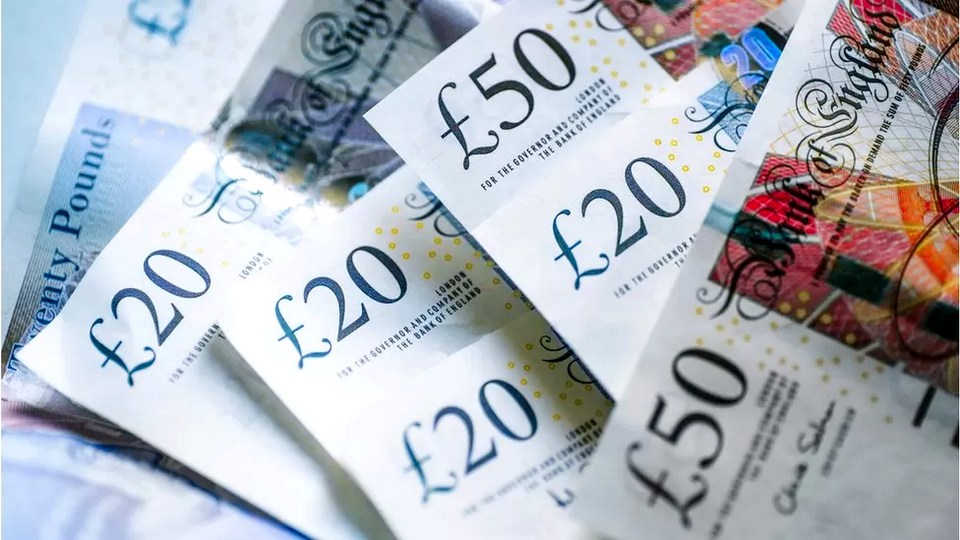
The UK central bank’s confirmation that the country will be in formal recession until at least 2024, the longest period in history, has again weakened the pound. Currency conversions of the pound to the baht have deteriorated from 44 to 42 units in the past week. The bad economic future eclipsed a huge 0.75 percent rise in UK interest rates to 3 percent – a record-breaking attempt to reduce inflation by making the cost of borrowing money higher – which would be expected to boost the pound in calmer times.
Standard Chartered plc said that the pound had been rocked by volatility in UK financial markets and internal political turmoil in recent weeks, but the gruesome economic reality is that Britain imports far more than it exports. Many financial experts had warned that Brexit might well encourage this negative trend, although others argue that the benefits of breaking out of European integration will come later. The pound has slumped 12 percent against the dollar in recent months, although this has more to do with the popularity of the American currency with high interest rates there in a time of world uncertainty created by the Russian war in Ukraine.
Meanwhile, the Thai baht is not at the center of world financial attention, but has some positive news to back the currency. International tourism to Thailand has rebounded spectacularly with access through both air and land borders having improved greatly. Thai exports are doing very well, assisted by sliding shipping costs and a cheaper currency. Petrol and diesel prices at the pumps are 15 percent higher than before the invasion of Ukraine, but still lower than in many competitor countries. The Thai central bank expects the current account deficit to have turned into a surplus of around US$3 billion by the end of 2022. However, the central bank cautions that global insecurity makes macro predictions somewhat tentative.
 |
 |
 |





